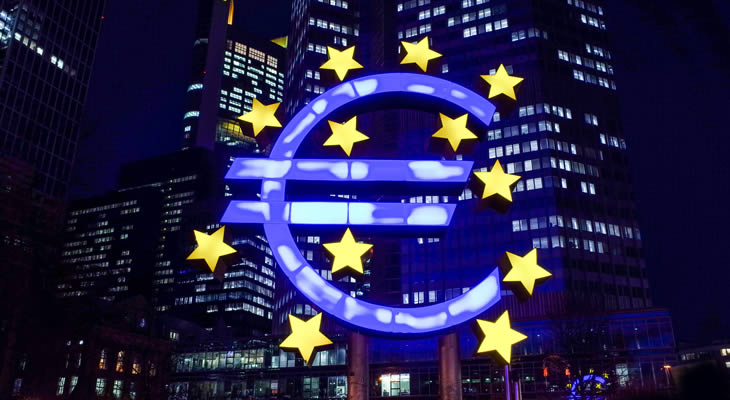Pound to Euro Exchange Rate Recovers Half of This Week’s Losses on Brexit Speculation
Since the middle of the week, the Pound Sterling to Euro (GBP/EUR) exchange rate has been edging away from its weekly lows thanks to speculation that the UK and EU will at least reach a vague Brexit deal rather than left negotiations collapse.
After opening this week at the level of 1.1163, GBP/EUR tumbled and briefly touched on a weekly low of 1.1056 on Wednesday. GBP/EUR has since steadily recovered around half of those losses, and on Friday morning trended in the region of 1.1116.
Since Wednesday evening, the Pound to Euro exchange rate has been benefitting from a report that UK and German officials were willing to drop key Brexit demands in order to make it easier for a UK-EU Brexit deal to be reached.
While concerns remain about Britain and Germany’s official stances, the report did make Pound (GBP) investors more hopeful that nations involved in Brexit negotiations were eager to reach a deal. This helped the Pound to hold away from its worst levels.
Pound (GBP) Exchange Rates Steady as Investors Anticipate Further Brexit Developments
On Wednesday, a report emerged suggesting that officials from the UK and Germany would rather drop certain key demands from negotiations rather than let talks fall through.
Analysts perceived this as ‘kicking the can down the road’ rather than offering any actual clarity on the Brexit process though.
It offered the Pound some relief and support, and doused some ‘no-deal’ Brexit fears. Ultimately though the Pound’s gains were limited and the Pound to Euro (GBP/EUR) exchange rate was only able to hold away from its weekly lows.
With UK-EU Brexit negotiations accelerating, the Pound outlook is likely to remain correlated to Brexit developments.
In particular, Pound investors are anticipating any signs that UK and EU negotiators are looking to avoid a worst-case scenario ‘no-deal’ Brexit.
Euro (EUR) Exchange Rates Limper as PMIs Point to Dampened Eurozone Outlook
The Euro (EUR) was unable to hold its best levels versus the Pound this week, partially due to the latest Brexit developments but also the week’s mixed Eurozone ecostats.
Even though the Eurozone’s composite PMI figures from Markit actually beat forecasts, the data showed that optimism was fading and this made analysts concerned about whether the Eurozone’s growth can remain steady.
According to Chris Williamson, Chief Business Economist at Markit:
‘the downturn in optimism raises questions over whether this pace of growth can be sustained into the fourth quarter.
Business expectations about activity levels in the year ahead dropped to the lowest for almost two years amid growing concerns about the impact of trade wars and heightened political uncertainty.’
Towards the end of the week, fears of how US trade protectionism may impact the Eurozone economy worsened too.
German factory activity and trade in July was notably worse than forecast, due to uncertainties among businesses about EU-US trade tensions, as well as weaker demand from abroad.
Pound to Euro (GBP/EUR) Forecast: UK Growth and Central Bank News Ahead
While the Pound remains more likely to be driven by major Brexit developments than data, next week’s UK economic calendar is much busier and could still influence the Pound to Euro (GBP/EUR) exchange rate.
Monday will see the publication of a slew of notable UK ecostats, including July’s trade balance and Gross Domestic Product (GDP) growth rate results. Manufacturing and industrial production from July will be published too.
This will be followed on Tuesday by Britain’s July job market results, which include the key wage growth figures.
Of course, possibly the most influential session next week will be Thursday, when both the Bank of England (BoE) and European Central Bank (ECB) will be making September policy decisions.
Neither bank is expected to make any changes to monetary policy, but the tones the bank takes on issues like political uncertainties could prove highly influential.
Thursday will also see the publication of August’s final Consumer Price Index (CPI) inflation rate stats from Germany and France, which could influence the Pound to Euro (GBP/EUR) exchange rate too.


Comments are closed.